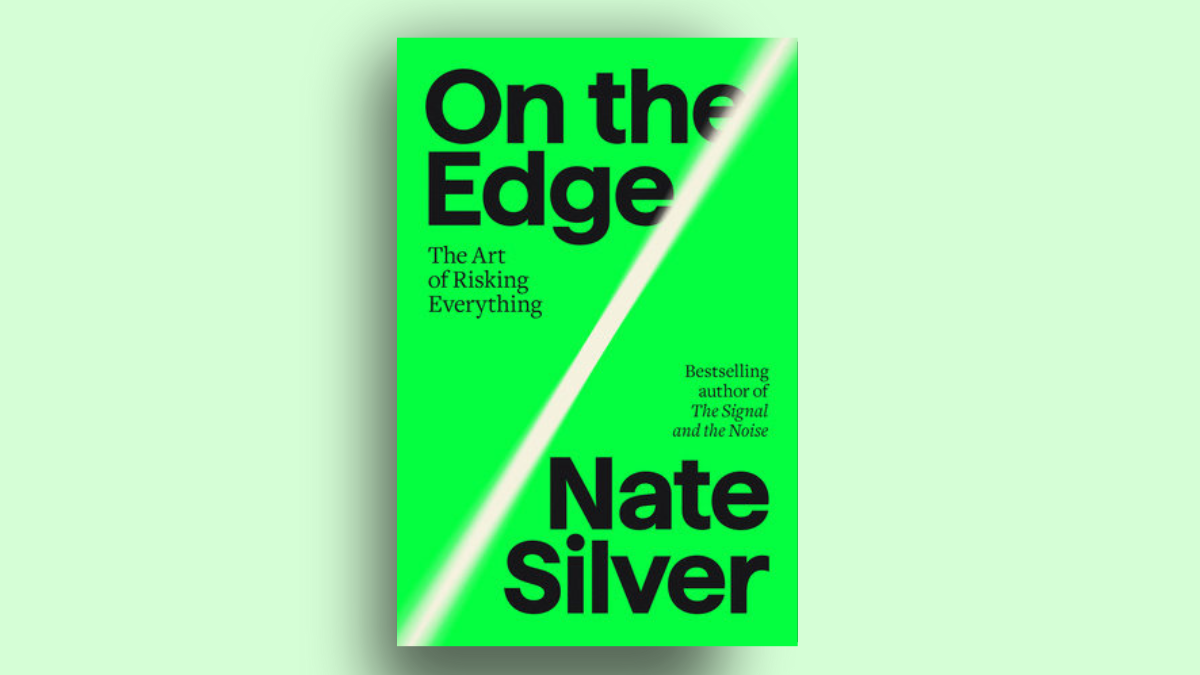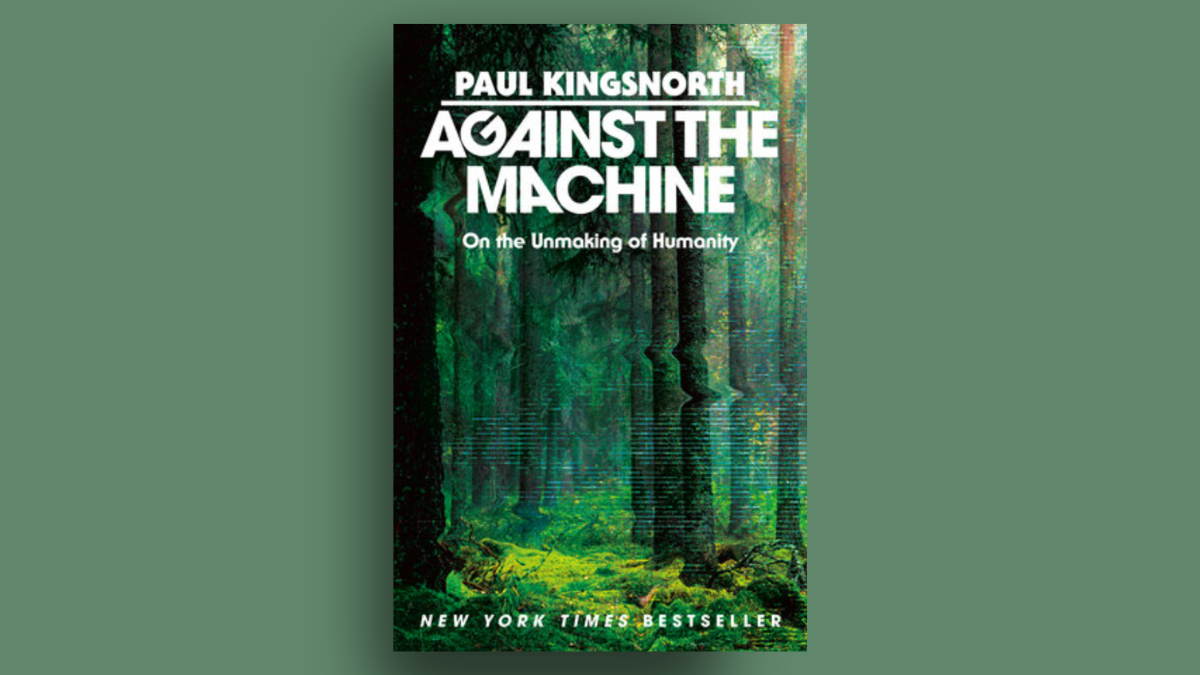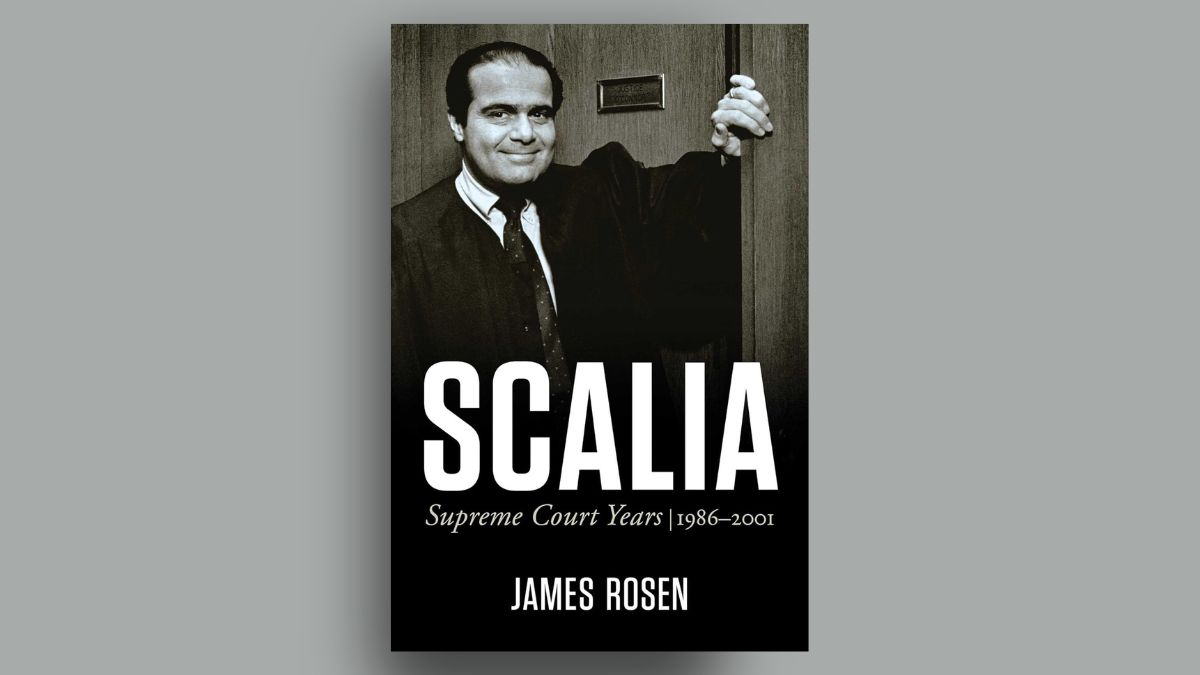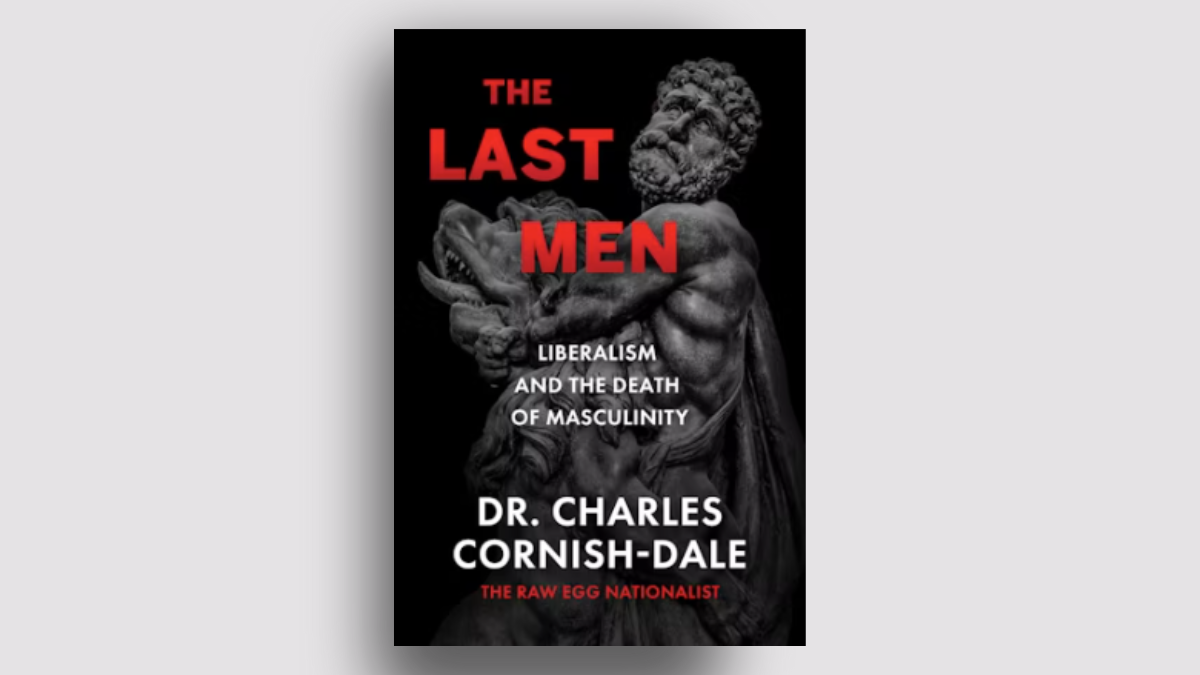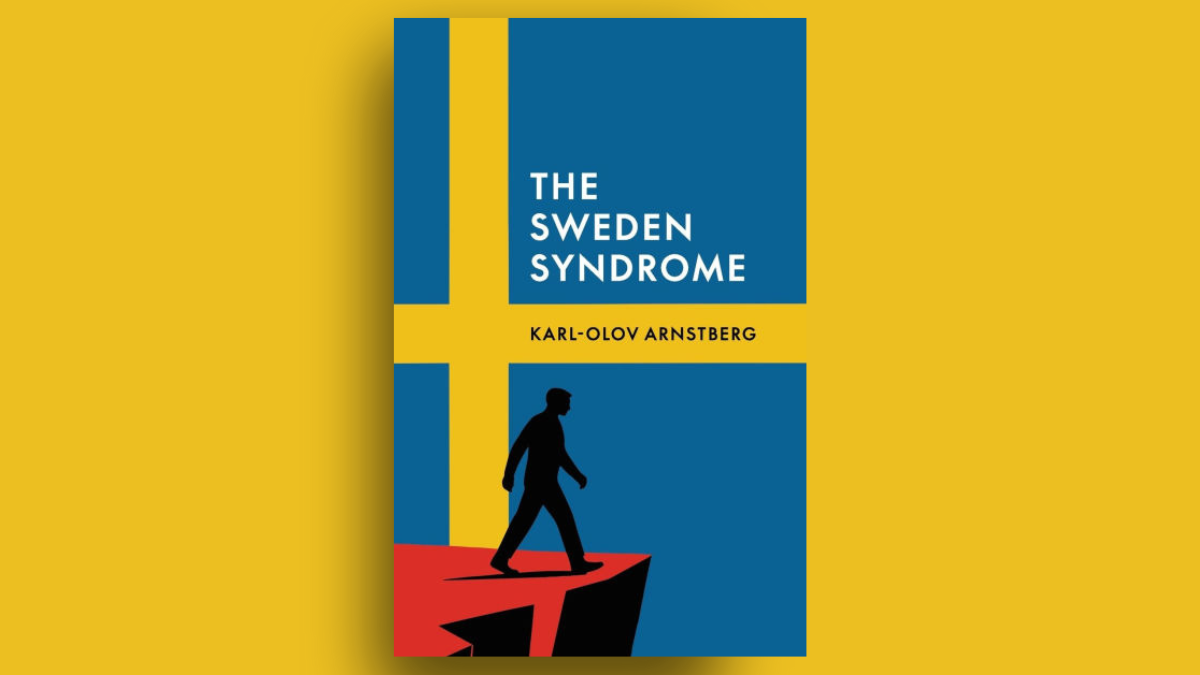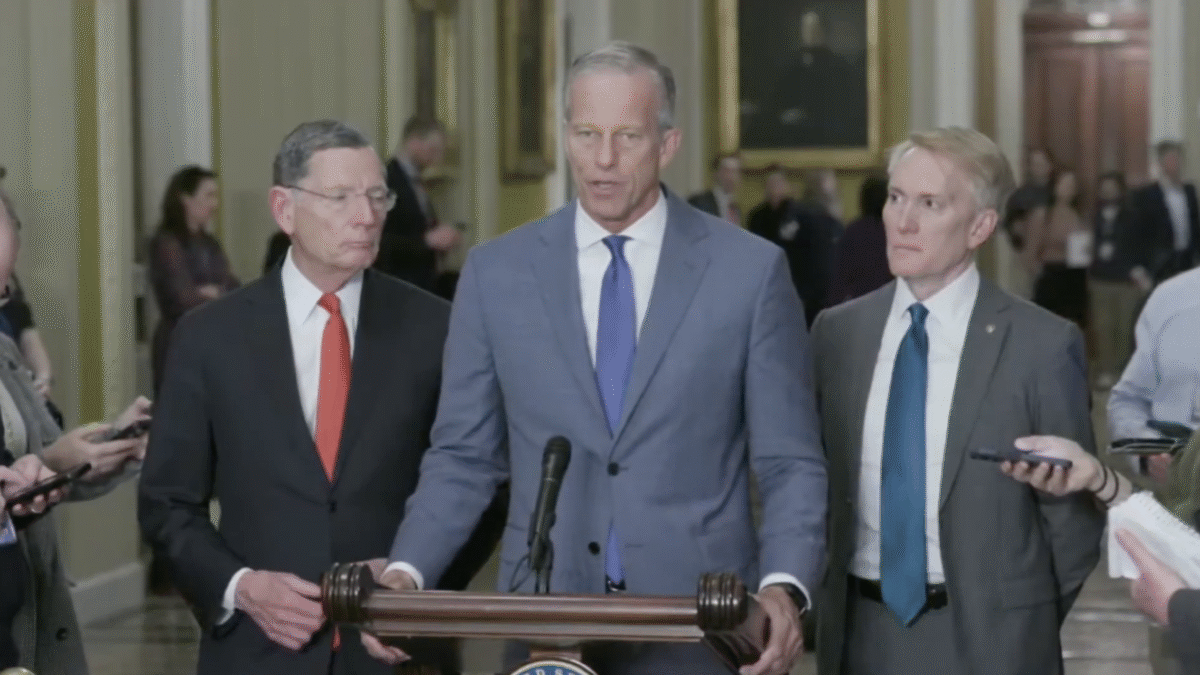If you were to watch “Moneyball” today, you might find it quaint. You may recall the premise: In a world before “data-driven decisions” was a cliché, a likable nerd played by Jonah Hill helps craft a baseball roster from a spreadsheet, beating out better-funded teams who still rely on traditional scouts. These old-school baseball types are stuck in the past – more concerned with a player’s jawline and how the ball “explodes off his bat” rather than on-base percentage and hard statistics.
Fifteen years later, algorithms have taken over everything from baseball to politics to research, and the shortcomings of “software eating the world” are becoming more obvious. Kamala Harris’ presidential campaign is built on vibes and being “brat,” instead of well-articulated policies. Despite our access to information and powerful modeling software, there is an ongoing replication crisis for scientific studies. Our social media feeds are targeted and addictive, but ultimately immiserating.
Enter Nate Silver, the statistician, political forecaster, and poker player. His new book, On the Edge: The Art of Risking Everything, is much more nuanced than “Moneyball,” eschewing the worship of data geeks and their denigration of human cognition. Instead, he uses poker to illustrate how to live in a modern, complex world. Statistical models have raised the game, but the best players combine these probabilities with their own human intuition to make the optimal play.
The River and The Village
To most people, Nate Silver builds election models. He came to prominence for predicting all 50 states correctly in 2012, and he’s a minor celebrity again as the November election approaches.
He’s a Democrat, but he’s not a political operative: He was openly warning about Biden’s age being an electoral liability back in September, and his model prizes accuracy over partisanship. Currently, he has the race as a toss-up with a slight edge to Harris. He strives to be a “heterodox” thinker. To put it another way, he sees himself as a member of “The River” rather than “The Village.”
Silver coined “The River” to refer to an “ecosystem of people and ideas,” represented in Silicon Valley, Las Vegas, and Wall Street. These are people who are analytical, competitive, contrarian, and risk-tolerant. Think Elon Musk, Peter Thiel, even Silver himself.
Riverians are quantitative, generally supportive of market competition, and concerned with the best idea winning (and thus frustrated with identity politics and bureaucracy). Perhaps it should be no surprise that many Riverians have swung behind Trump rather than Harris, whose penchant for word salad makes her sound like a risk-averse career politician.
Silver contrasts The River with The Village, which is essentially the institutions the left has colonized, such as the administrative state, the academy, and the mainstream media. The Village is concerned with equity, rather than equality of opportunity. This often leads to clamping down on free speech, the free market, and ideological diversity. Increasingly, The River and the Village are at war, whether it’s Lina Khan at the FTC or The New York Times suing OpenAI.
A Whole New World
By focusing on niche activities like poker and high-end sports gambling, Silver accomplishes a rare feat in the age of the internet—telling a contemporary, fresh, and fascinating story. He introduces readers to some of the best gamblers in the world, breaks down an allegation of poker cheating with layers of intrigue, and tells the story of his foray into sports betting.
The bottom line is, gambling is a hard way to make a buck. Riverians, whether VCs or sports bettors, think in terms of expected value, asking questions such as: how likely is this event, and how big is the payoff? Slot machines have the worst odds (and the most gamification to hook users), but even in poker, with comparatively good odds, it’s a game of small edges. The best players only win out in the long run. The edges in sports betting might be even worse.
Silver is a knowledgeable fan and builds prediction models for a living, yet here’s his summary of the 2022-23 NBA season: “I bet a total of $1,809,006. And I finished the year ahead by a whopping $5,242—for a paltry ROI of 0.3 percent.” Despite this modest return, he was good enough for many of the major books like BetMGM and DraftKings to limit how much he could bet on any given game.
There’s a famous line in “Rounders,” “If you can’t spot the sucker in the first half hour at the table, then you are the sucker.” This certainly applies to sports betting. If they’re letting you put money down, you’re probably the sucker.
The SBF Post-Mortem
Most coverage of Sam Bankman-Fried focused on alleged polyamory and drug use, his dubious commitment to effective altruism, and the sheer absurdity of it all. When Sam’s father emailed to complain about his pay at FTX, he began by saying, “Gee, Sam” and then threatened to get Sam’s mom involved.
What most of the accounts miss is how a fellow Riverian would assess the King of the Geeks. Silver concludes that SBF is unique more for his insatiable appetite for risk than any personal quirks.
Most normal people have diminishing marginal utility as they gain more money, and this makes them more cautious. Betting your life savings on the Super Bowl makes more sense when it’s $1,000 rather than $1,000,000. But SBF didn’t view gambling like that. Instead, he viewed caution from the wealthy as a missed opportunity.
By approaching life like a spreadsheet (both morally as a utilitarian and in business as a radical risk-taker), he concluded that his “utility function” is “closer to linear.” Wealthy people unwilling to risk financial ruin miss out on huge opportunities. So Friedman went all in on a low-probability, highly leveraged bet on FTX. And he lost. Badly.
Looking Forward
Silver closes by assessing the risk of AI, which seems poised to either kill us, liberate us, or be the most overhyped technology of all time. A probabilistic thinker like him wants to plot out the relative likelihoods, and he concludes that the potential for raising the world’s standard of living and breaking through our current economic stagnation justifies letting OpenAI, Anthropic, and Google keep rushing forward.
Then, in an unsatisfying and confusing coda, he calls for greater agency, plurality, and reciprocity as we plot our future, which is essentially Silver’s update on liberté, égalité, and fraternité. The only problem is, the Big Tech companies developing these technologies are often the most egregious violators of agency, freedom of expression, and civic health. It seems a little naive to expect them to become more responsible as they accumulate even more power and are thus less accountable.
Nevertheless, we must make choices, we must place our bets as we look toward an uncertain, risk-filled future. Who knows what 2030, much less 2050 will look like? Silver closes the book with a common phrase among poker players: “Glgl.” Good luck, good luck. We’ll need it.
